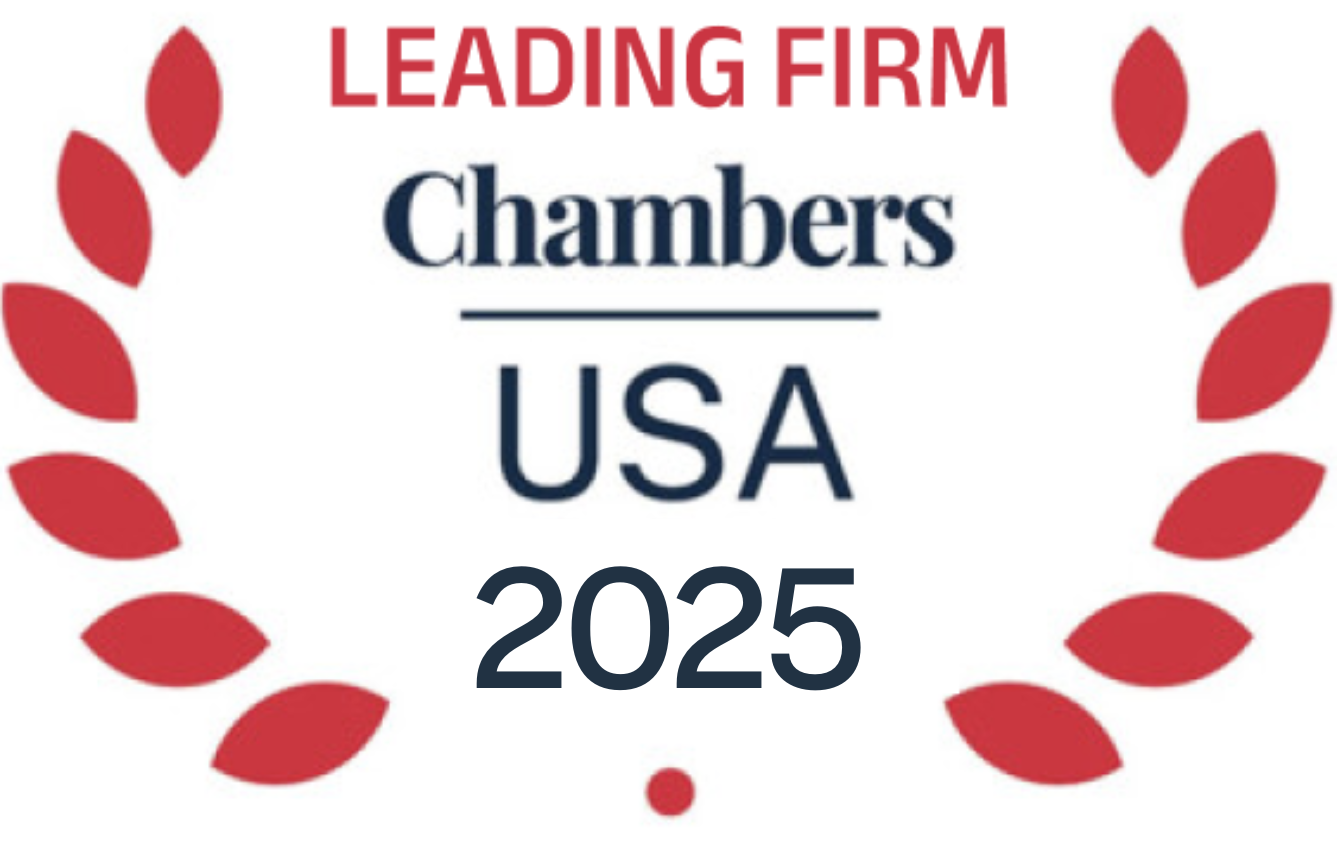
False Claims Act Whistleblower
A federal law that gives individuals the tools to prosecute fraud against the government
The federal False Claims Act empowers whistleblowers to bring complaints against a company for defrauding a U.S. government agency or program. For example, whistleblowers can bring claims under the False Claims Act for defense contractor fraud, Medicare fraud, or Medicaid fraud.
Under the False Claims Act, a company is liable for treble damages if it fraudulently took government money. And a False Claims Act whistleblower is entitled to a reward of up to 30 percent of the funds they help recover.
For example:
If a pharmaceutical company defrauded Medicare of $300 million, the False Claims Act penalty would be $900 million, and the whistleblower would be entitled to up to $315 million, if their whistleblower attorney successfully litigates the case.
Speak with a False Claim Act attorney
Free consultation. Absolutely confidential. Our false claims lawyers can help you assess your expected whistleblower award if your claims succeed.
What is the purpose of the False Claims Act?
The U.S. government loses approximately 10% of its federal budget to fraud annually. By defrauding the government without getting caught, people, corporations, and government contractors erode public confidence in government-funded programs , squander taxpayer dollars, and harm vulnerable populations by diverting federal funds away from their intended beneficiaries.
In order to mitigate these losses, Congress enacted the False Claims Act.
Under the False Claims Act, a whistleblower with information about government fraud can file a qui tam lawsuit on the government’s behalf and earn up to 35% of the money recovered on behalf of the government.
Government recoveries can be substantial. Corporations or individuals convicted of government fraud are liable for three times the government’s losses, or treble damages, in addition to civil penalties ranging from $11,000 to $22,000 (in 2018) for each false claim submitted to the U.S. government. In Medicare fraud, for example, a health care provider who violates the False Claims Act would face civil penalties of up to $22,000 for every bill they sent to Medicare.
The False Claims Act is meant to be a deterrent and give serious pause to those who would fraudulently take federal funds.
False Claims Act Healthcare
In the healthcare context, the False Claims Act (FCA) has important ramifications. As the Center for Medicare & Medicaid Services (CMS) says to doctors and other healthcare providers:
When you submit a claim for services performed for a Medicare patient, you are filing a bill with the Federal Government and certifying you earned the payment requested and complied with the billing requirements. If you knew or should have known the submitted claim was false, then the attempt to collect payment is illegal [under the False Claims Act].
Healthcare organizations typically make their staff undergo compliance training to learn about the False Claims Act, especially if the organization services many Medicare or Medicaid patients.
A doctor, nurse, or other healthcare provider who has Medicare/Medicaid patients may need to be aware or cognizant of how their organization is submitting bills for their services. If the healthcare provider should have known that the billings contained false or fraudulent information, they may be liable under the FCA, in addition to the hospital or company they work for.

Speak to a healthcare false claims lawyer
False Claims Act Whistleblower Reward
The damages in a False Claims lawsuit can be substantial, and the whistleblower is entitled to share in the recovery as a reward for their information, and the risks they took in coming forward.



Because False Claims lawsuits must be filed as qui tams, which means they are brought on behalf of the government to recover government funds, the majority of any recovered money goes back to the government — no matter how hard the whistleblower and their qui tam attorneys link worked on developing the case. That said, the whistleblower is entitled to a minimum reward of 15 percent of the total recovery and a maximum award that varies from 25 to 30 percent, depending on the circumstances.
False Claims Act Penalties (2018)
In addition to treble damages, individuals or companies are liable for a civil penalty of about $11,000 minimum to $22,000 maximum (in 2018) per “false claim for reimbursement” that they sent to the federal government. A false claim could be a monthly invoice from a government contractor or service provider, or it could be on a per part basis. In the Medicare context, a “false claim” can be each claim submitted on behalf of an individual patient. A company may have submitted thousands of invoices, bills, or claims to the federal government, so the civil penalties can add up quickly.

False Claims Act Penalties Examples
- A Missouri federal court entered a judgment imposing a civil penalty of $1.28 million against two doctors who were deemed to have submitted 223 false claims for reimbursement to Medicare and Medicaid for spinal implants on which the doctors were receiving a commission.
- A South Carolina federal court entered a judgment of $2.73 million in civil penalties against a cosmetology school for submitting false claims to the U.S. government for federal student loans and grants for its students.
What does knowing mean under the False Claims Act?
The False Claims Act makes it illegal when someone “knowingly presents, or causes to be presented, a false or fraudulent claim for payment” to the U.S. government.
It can often be difficult in a False Claims case to prove that the defendant submitted a claim for reimbursement to the government while knowing that it was false or fraudulent.
The Centers for Medicare & Medicaid Services (CMS) says:
The terms “knowing” and “knowingly” mean a person has actual knowledge of the information or acts in deliberate ignorance or reckless disregard of the truth or falsity of the information related to the claim. No proof of specific intent to defraud is required to violate the civil FCA.
CMS is saying that there are three ways to show that a defendant submitted a claim for reimbursement while knowing it was false or fraudulent:
- Actual knowledge: the defendant knew the information in the claim was false or materially misleading. CMS says, “An example may be a physician who knowingly submits claims to Medicare for medical services not provided.”
- Deliberate ignorance: the defendant intentionally kept himself or herself in the dark about whether the information submitted to the government was false or misleading.
- Reckless disregard for the truth: submitting information to the government while having serious doubts about its veracity or accuracy.
When CMS says that “specific intent” to defraud is not required to violate the False Claims Act, it is saying that someone doesn’t have to intend to defraud the U.S. government to be deemed to submit a “false or fraudulent claim.” The person need only act knowing that important information was false or misleading.
Criminal False Claims Act
The whistleblower provisions of the False Claims Act (FCA) apply to the civil FCA. But the False Claims Act also has a criminal component. The criminal False Claims Act (18 U.S. Code § 287) provides that whoever presents a false claim to the U.S. government while knowing such claim to be false, fictitious, or fraudulent, shall be imprisoned not more than five years and shall be subject to a fine” of up to approximately $22,000 per false claim.
A person or company that violates the False Claims Act could be subjected to both civil and criminal penalties. But because criminal trials require a higher standard of proof, the Department of Justice may decide only to pursue a civil FCA lawsuit.
False Claims Act Statute of Limitations
A civil False Claims lawsuit must be brought either with 6 years of when the violation is committed or within 3 years of when the government discovered the violations or reasonably should have discovered them, whichever is later. If the defendant did something to hide the violations from the government, the statute of limitations may be tolled, but the FCA does not allow tolling beyond 10 years of the violation. Any civil FCA case that is being first-filed more than 10 years after the last False Claims violation is likely to be deemed time-barred.
Our False Claims Act Attorneys
Eric Gibbs
A founding partner at the firm, Eric has negotiated groundbreaking settlements that favorably shaped laws and resulted in business practice reforms.
View full profileDylan Hughes
Dylan concentrates his practice on investigating and prosecuting fraud matters on behalf of whistleblowers, consumers, and employees.
View full profileAmy Zeman
Amy's tenacious trial advocacy has recovered hundreds of millions of dollars for her clients and has ensured their voices are heard and respected.
View full profileAaron Blumenthal
Aaron represents consumers, employees, and whistleblowers in class actions and other complex litigation.
View full profileAbout Us
Thinking about being a False Claims Act whistleblower?
Free consultations.




